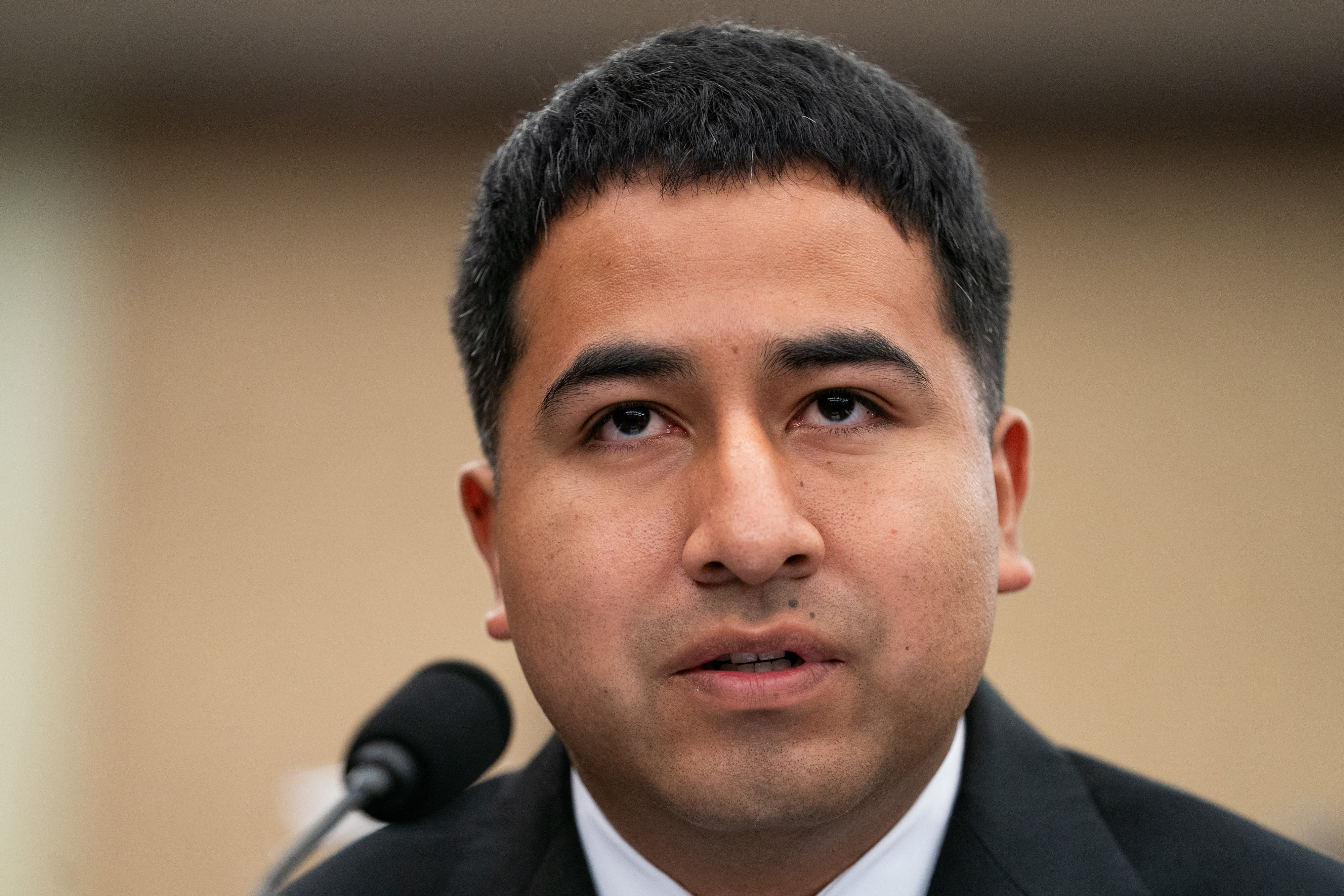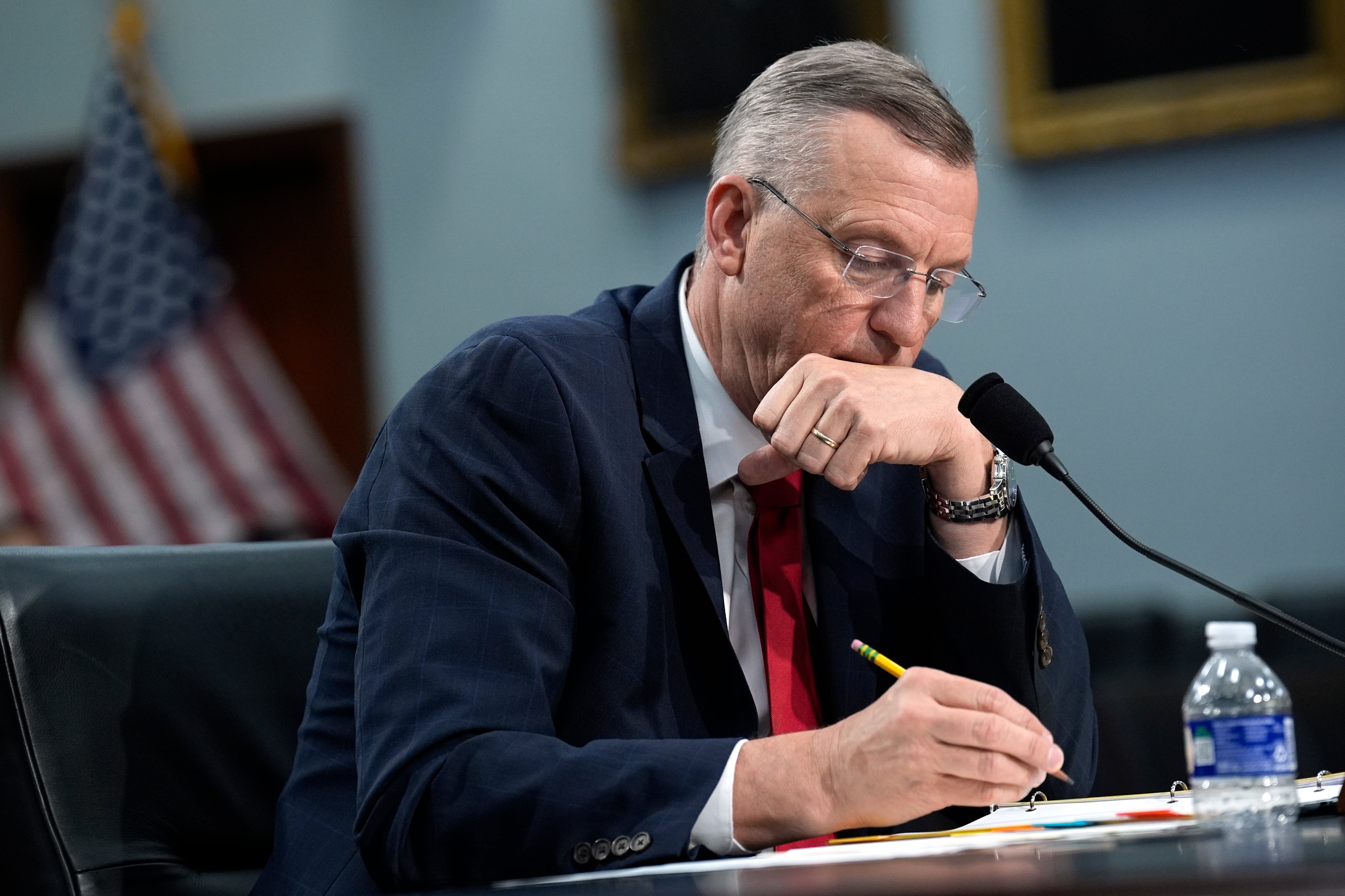The civilians were killed and 35 others were wounded when militants fired mortar rounds on government-controlled areas of eastern Mosul, said army medic Bashir Jabar, who is in charge of a field clinic run by the special forces.
A soldier was killed and three were wounded when a car packed with explosives sped out from its hiding spot in a school complex in the eastern Tahrir neighborhood, ramming Iraqi troops' position and exploding into a ball of fire, according to two officers who spoke on condition of anonymity because they were not authorized to brief reporters.
Another soldier was shot and killed by a sniper in the Bakir neighborhood.

The U.S. coalition providing air cover and reconnaissance for the advancing forces has been a key element in the month-old Mosul offensive, and fighting stalls when the air power cannot be used.
Thursday's attacks came as civilians were fleeing or venturing into the streets to ask for food from troops and aid agencies, Jabar said. Two children were among the civilians killed, he said.
A donkey-drawn cart carried the body of a 18-year-old boy, wrapped in a white plastic bag. Mohammed Ismael said his nephew was in the street to get kerosene when a mortar shell landed nearby, fatally wounding him.
Residents of the nearby Samah neighborhood lined up for food and other aid from an Iraqi Red Crescent truck as special forces protected them and helped organize the distribution. Families had to show their official papers to receive aid.
"I'm happy today because I got what I need," said Sabah Hassan, a 36-year-old father of four. "Every day, I approach the army like a beggar to get bread and small bottles of water," Hassan said, adding that he had run out of supplies.
"I don't know what we'll see in the coming days," he said.
Since the long-awaited Mosul operation began Oct. 17, troops have only advanced into a few eastern districts. They have faced fierce resistance, with snipers, mortar fire and suicide bombers driving armor-plated vehicles packed with explosives.
After swift initial advances into the outskirts, the offensive has slowed in more densely populated areas, where Iraqi troops cannot rely as much on airstrikes and shelling because of the risk to civilians, who have been told to stay in their homes.
Mosul is the last major holdout for the militants in Iraq. Driving them out would deal a severe blow to the Islamic State's self-styled caliphate stretching into Syria.
On the sidelines of a climate conference in Morocco, Iraqi officials said they are confident of victory.
Iraqi President Fuad Masum told The Associated Press that IS will be "wiped out" in Mosul, but didn't say exactly when that would happen.
"Specifying a timeline is difficult because there are always surprises in wars," he said.
"I think that even if it takes another month or two, in the end, ISIS will be wiped out militarily," he added, using another acronym for the Islamic State group.
Associated Press writer Jeff Schaeffer in Marrakech, Morocco contributed.





